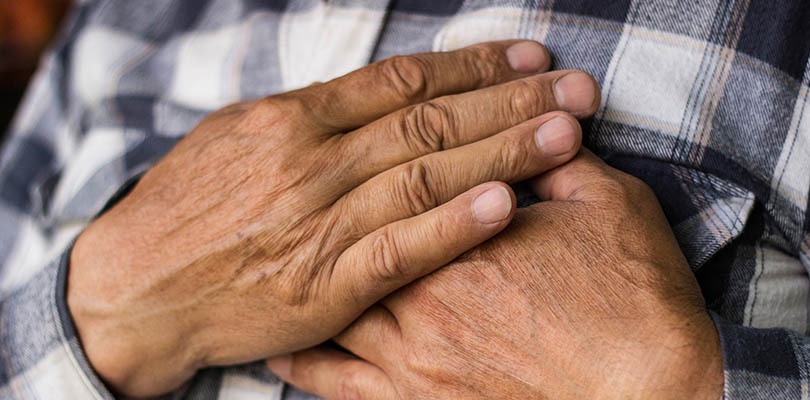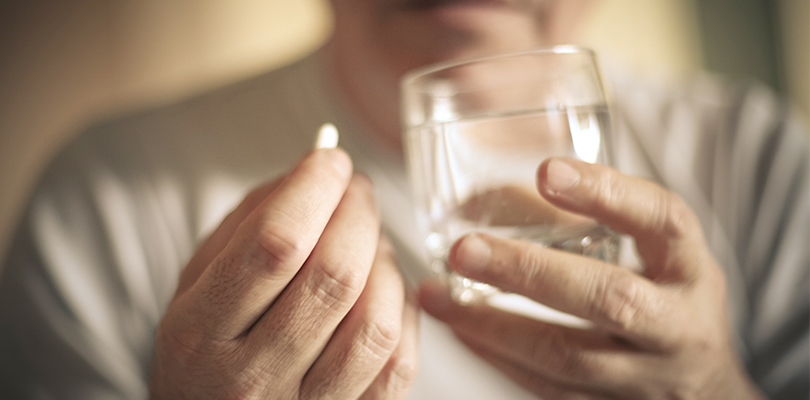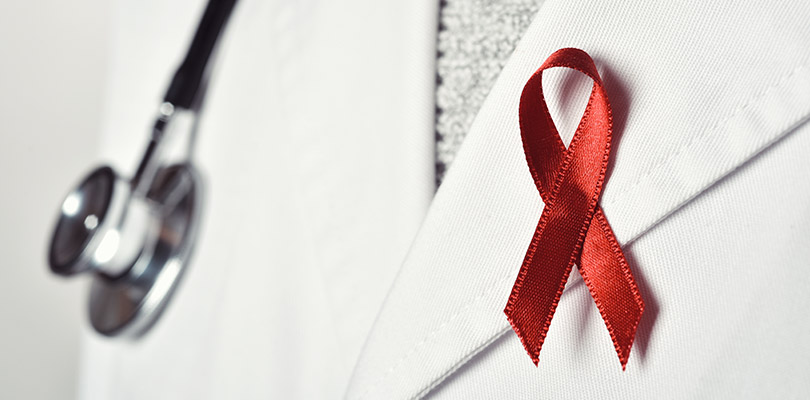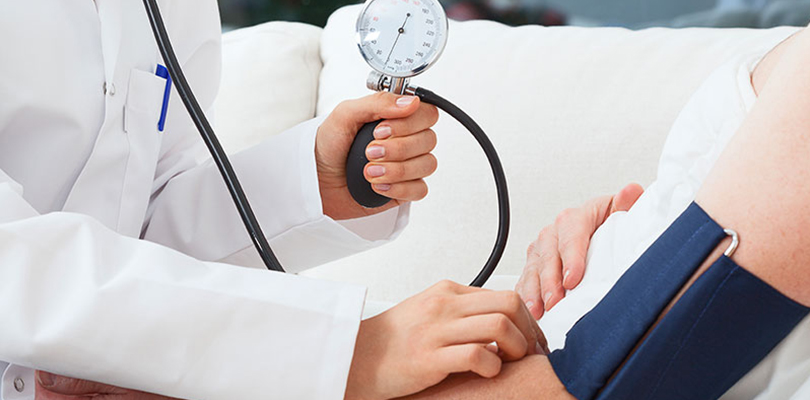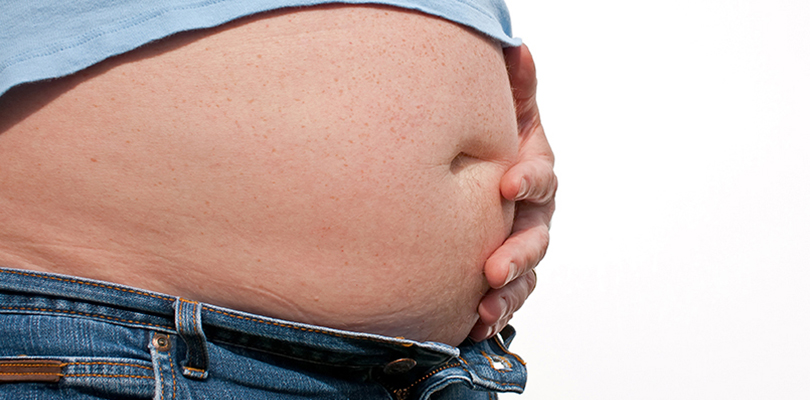
Photo Credit: JGade / Shutterstock.com
8 Common Signs of Liver Damage
The liver is the largest internal organ, and surprisingly powerful. Not only does it protect all your tissues from damage by filtering out toxins from your bloodstream, but it also can repair its own damaged tissue.
This means that, given the right time and care, liver tissue can be regenerate and your body’s filtration system can continue to function efficiently. However, some liver conditions leave permanent damage, and in these cases, early diagnosis and swift treatment can mean the difference between an uncomfortable (but treatable) illness and a life-threatening emergency.
Like many progressive diseases, you may not notice any symptoms of signs of liver damage or liver disease in the early stages. As scarring continues and liver function begins to decline, you may begin to notice some physical changes in certain areas of your body, as well as more general discomfort from head to toe.
What Causes Liver Damage?
Infection. Parasites and viruses can infect the liver, causing inflammation that reduces liver function. The viruses that cause liver damage can be spread through blood or semen, contaminated food or water, or close contact with a person who is infected. The most common types of liver infection are hepatitis viruses, including Hepatitis A, Hepatitis B, and Hepatitis C.
Immune system abnormality. Diseases in which your immune system attacks certain parts of your body (autoimmune) can affect your liver. Examples of autoimmune liver diseases include autoimmune hepatitis, primary biliary cirrhosis, and primary sclerosing cholangitis.
Additional causes of liver damage:
- Liver cancer, bile duct cancer, and liver adenoma
- Obesity is also associated with liver damage
- Long-term excess alcohol consumption
- Fat accumulating in the liver (non-alcoholic fatty liver disease)
Over time, damage to the liver results in scarring (cirrhosis), which can lead to liver failure, a life-threatening condition.
1. Abdominal Swelling
A swollen abdomen can point to a condition called ascites, where liver malfunction leads to an imbalance of proteins and other compounds, and fluid builds up in the tissues. The main symptom of ascites is a pronounced potbelly and often signals cirrhosis. Sometimes swelling occurs in the hands, feet, and ankles, as gravity draws the excess fluid down to the extremities.
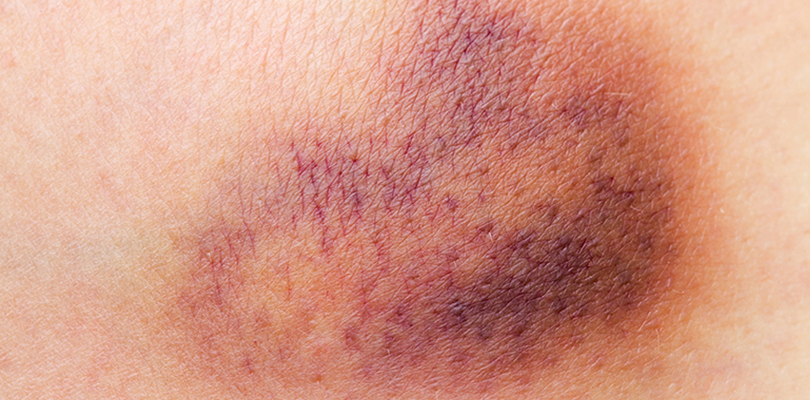
Photo Credit: Stephane Bidouze / Shutterstock.com
2. Bruising
A damaged liver produces fewer of the proteins necessary for blood clotting, which means you may bleed and bruise more easily.
Certain conditions cause easier bruising, as well. If you've ever wondered, "Why do I bruise so easy?" It could be a sign of rheumatoid arthritis, liver damage, or other conditions — be sure to check with your doctor if you notice unusual bruising.

Photo Credit: A and N photography / Shutterstock.com
3. Fatigue and Weakness
It can be easy to dismiss fatigue and lethargy as a normal side effect of a stressful life, but severe exhaustion could point to low blood oxygen levels and waste accumulation.

Photo Credit: Monkey Business Images / Shutterstock.com
4. Loss of Appetite
Nausea, a disinterest in food, and weight loss are some early symptoms of liver problems. In fact, the initial stages of hepatitis often bring flu-like symptoms, including digestive discomfort.
As liver damage progresses, more pronounced symptoms may appear. You may start to feel pain in certain areas, and you might see some startling changes in appearance.
When it comes to Alzheimer's care, there is no "right" time for a nursing home. That's why it's important to make a plan ahead of time for your loved one.

Photo Credit: Kues / Shutterstock.com
5. Jaundice
As liver function declines and waste can no longer be eliminated from the body efficiently, the bile pigment called bilirubin can build up in the bloodstream. In turn, the skin and eyes can take on a yellowish color, urine will appear darker, and stools will appear lighter.
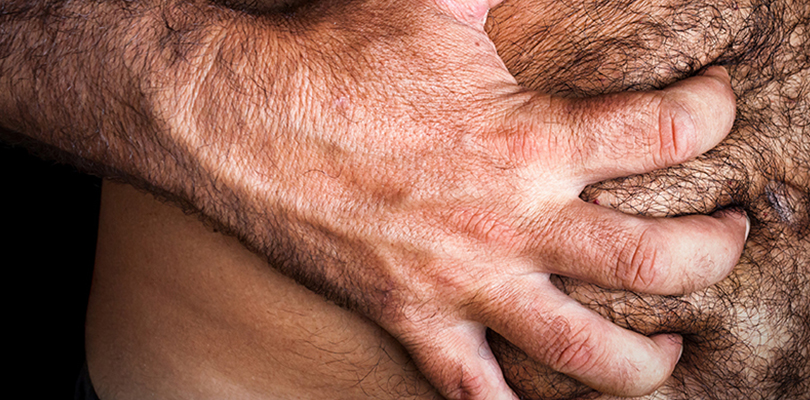
Photo Credit: Kamira / Shutterstock.com
6. Abdominal Pain
When cirrhosis begins to cause pain, it typically comes in the upper right abdomen, or just under the lower right ribs. The pain can be throbbing or stabbing, and it may come and go. If the pain is so intense that you can’t sit still, you should seek immediate medical attention.

Photo Credit: lassedesignen / Shutterstock.com
7. Personality Changes
Cognitive issues can develop when toxins accumulate in the blood and move to the brain. Confusion and problems with concentration are often the first signs of toxic overload, but they can lead to forgetfulness, changes in sleeping habits, and unresponsiveness.

Photo Credit: igor.stevanovic / Shutterstock.com
8. Persistent Vomiting
While nausea and upset stomach are common early symptoms of liver disease, but as your liver’s ability to eliminate toxins decreases, your digestive distress will likely increase. Ongoing nausea is a reaction to excess waste products in the body, and unexplained vomiting is often linked to liver problems.
When to See a Doctor for Liver Damage
Spotting the symptoms and signs of liver damage is early is vital for effective treatment, so if you suspect a problem with your liver, take your concerns to your doctor right away. There are several tests that can quickly and painlessly reveal the extent of your liver damage, and that will determine the right course of therapy.
The sooner you can halt the progression of your liver disease, the more healthy tissue you can save, and the better your liver’s chances of regeneration.
Preventing Liver Damage
A healthy lifestyle is at the heart of a healthy liver. To prevent liver disease:
- Drink alcohol in moderation. For healthy adults, women can have up to one drink daily and men have have up to two drinks a day. Heavy or high-risk drinking is over eight drinks a week for women and more than 15 drinks a week for men.
- Avoid risky behavior. Don’t use illegal intravenous drugs, and don't share needles used to inject drugs. Use a condom during sex. If you get tattoos or body piercings, make sure the shop is very clean and safe. As what their practices are for sterilizing equipment.
- Get vaccinated. If you’ve been infected with a hepatitis virus - or if you are a high risk of contracting hepatitis -- talk to your doctor about getting the hepatitis A and hepatitis B vaccines.
- Use medications wisely. Take all prescription and nonprescription drugs only when needed. Take only the recommended doses. Don't mix alcohol with medications. Talk to your doctor before using herbal supplements as well as prescription or nonprescription drugs.
- Avoid contact with other people's blood and body fluids. Hepatitis viruses can be spread by accidental needle sticks or improper cleanup of blood or body fluids.
- Take care with aerosol sprays. Use these in a ventilated room and wear a mask when spraying fungicides, insecticides, paint, and other toxic chemicals. Always follow the manufacturer's instructions carefully.
- Protect your skin. When using insecticides and other toxic chemicals, wear gloves, long sleeves, a hat and a mask.
- Maintain a healthy weight. Obesity can cause nonalcoholic fatty liver disease.
For some people, genetics seem to play a role in whether they develop liver disease. You may have a very healthy lifestyle but still have symptoms of liver dysfunction. Be sure to tell your healthcare providers if you have a family history of liver disease.
By closely watching and monitoring early symptoms, especially jaundice, you can get treatment to prevent the disease from worsening.
Coronary artery disease is a type of heart disease that causes a buildup of fatty residue (plaque), in the arteries that supply the blood to the heart.

